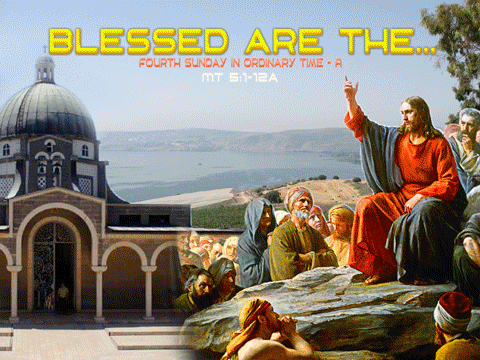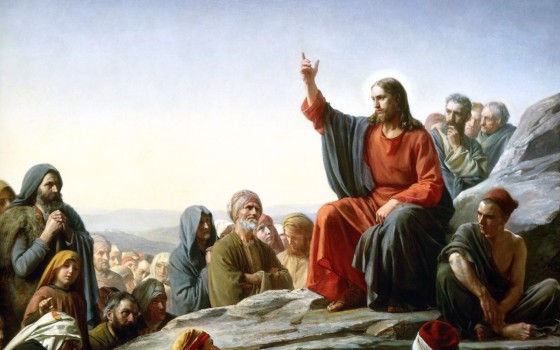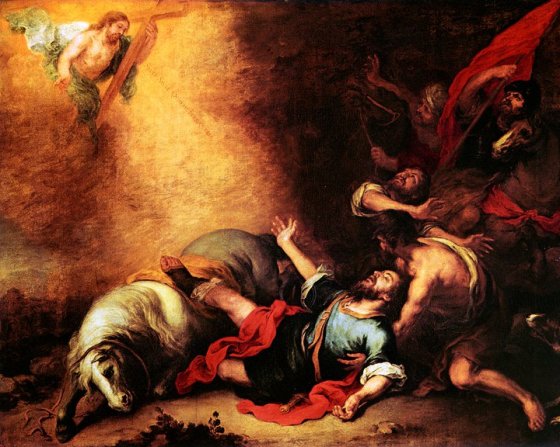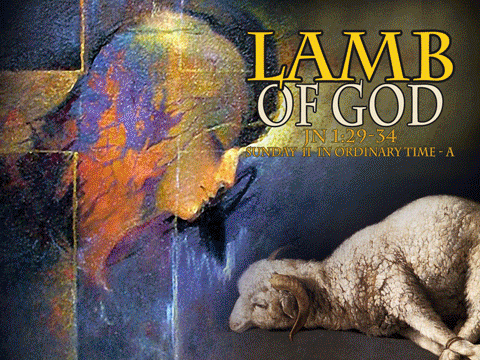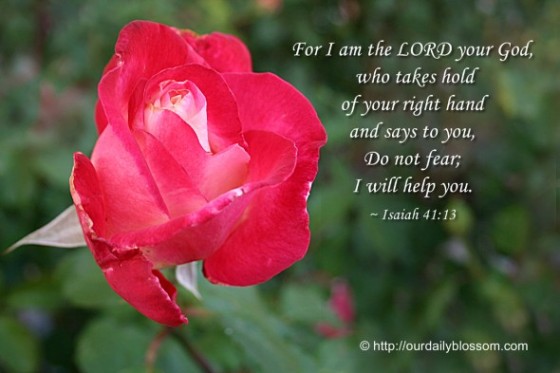
We should remember that this observance has Franciscan roots, being the initiative of Fr. Paul Wattson (1863-1940) and Mother Lurana White (1870-1935), founders of the Society of the Atonement. In 1895, Lurana, then a young religious in the Anglican (Episcopal) Church, was looking for an Anglican congregation that lived St. Francis’ vision of corporate poverty and turned to Fr Paul for assistance. Finding none, they founded the Society of the Atonement in 1898 at Graymoor, in Garrison, N.Y.
For the name of the new congregation, Fr. Paul was inspired by a passage in St. Paul’s Letter to the Romans: “we also joy in God through our Lord Jesus Christ, by whom we have now received the atonement” (5:11). He interpreted this passage literally to mean “at-one-ment”: the new society would work and pray to gather into one those who were previously dispersed. Fr. Paul initiated the Week of Prayer for Christian Unity in 1908, and the following year the Society was received corporately into full communion with the Catholic Church. This reunion was facilitated by another Franciscan, the Apostolic Delegate to the United States, Archbishop Diomede Falconio, OFM. The Society of the Atonement, in its men’s and women’s branches, follows the Third Order Regular Franciscan Rule, and working for unity among Christians remains one of its principal missions
